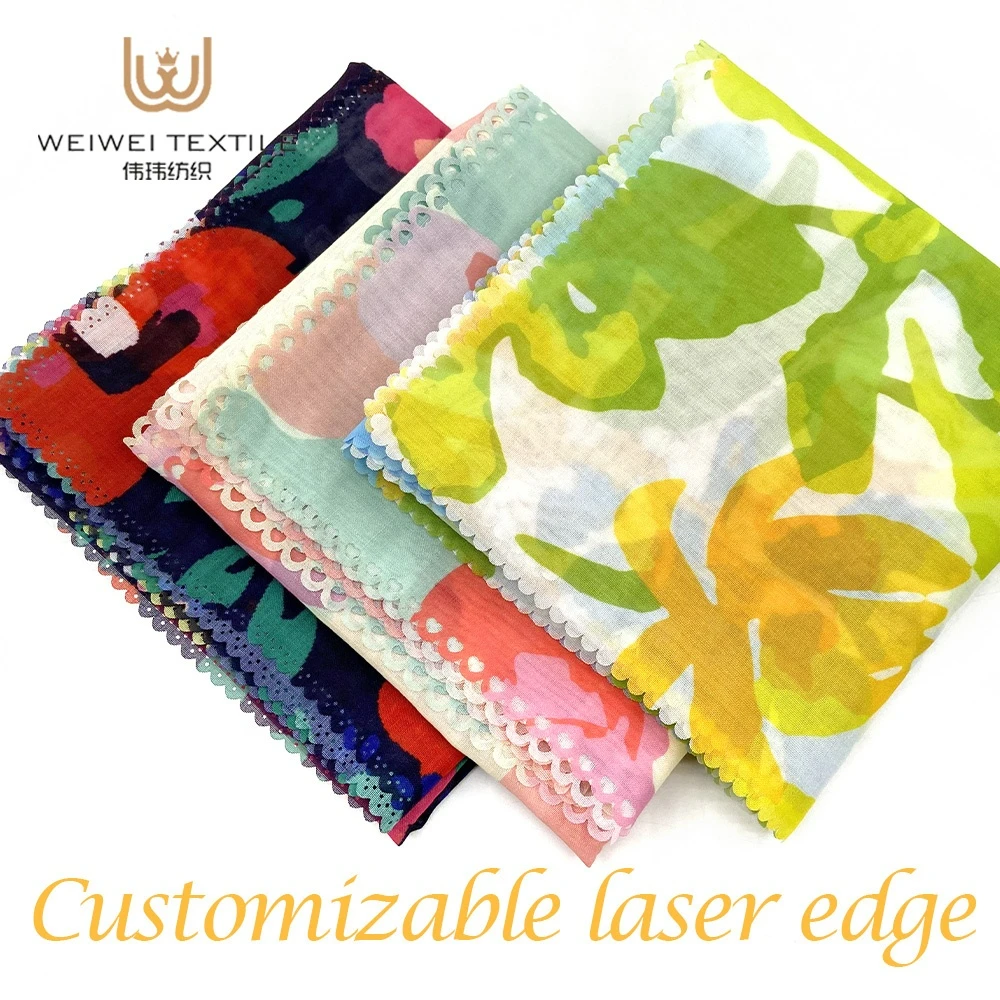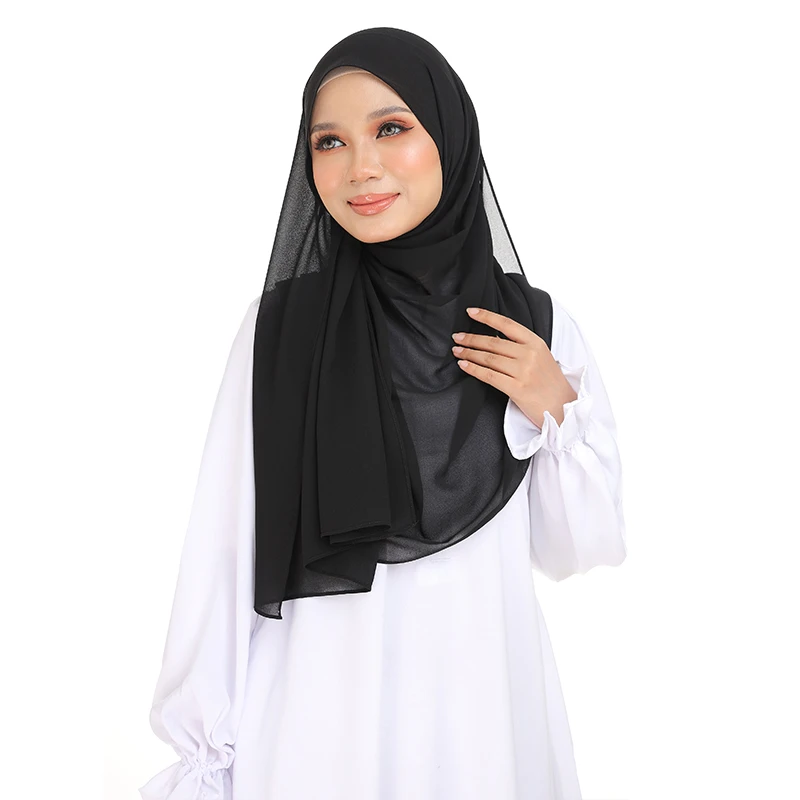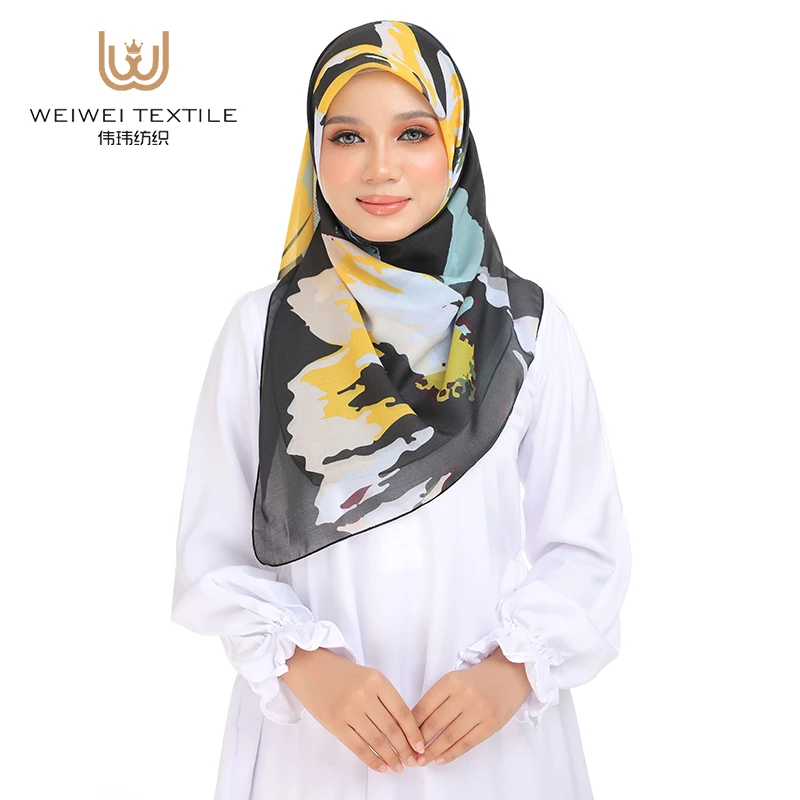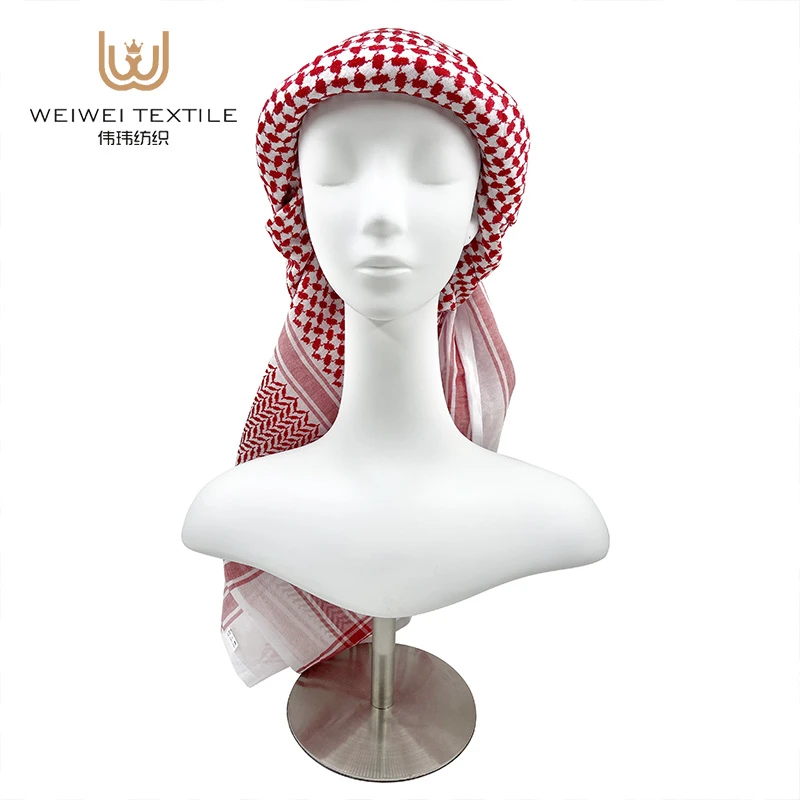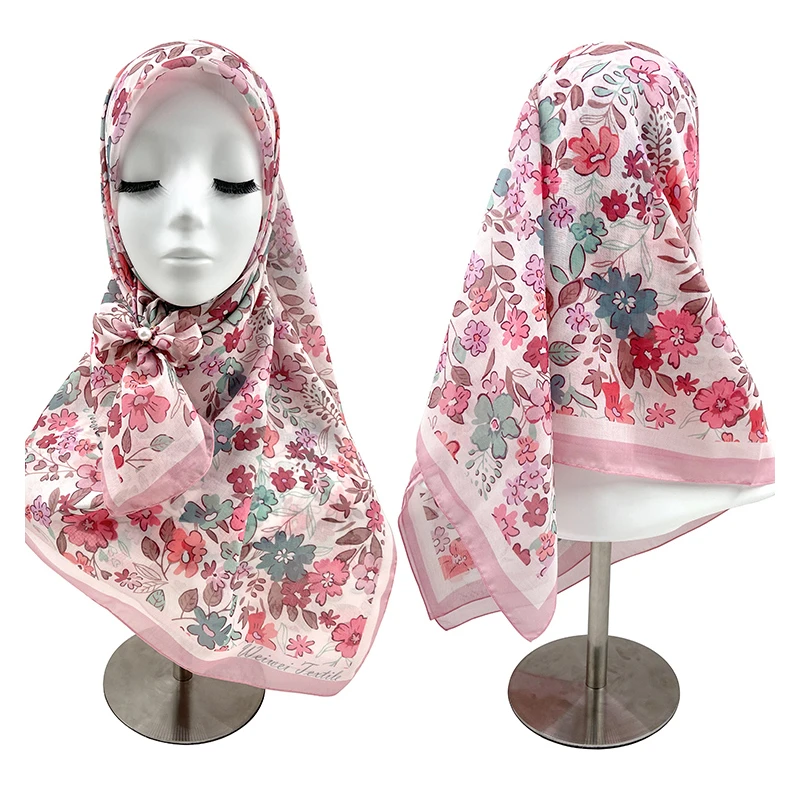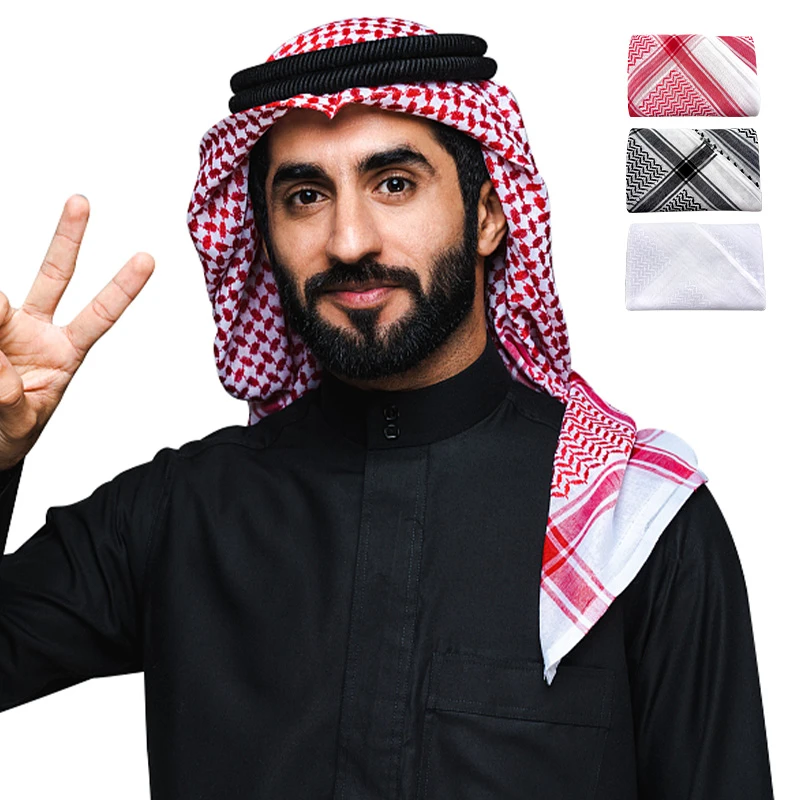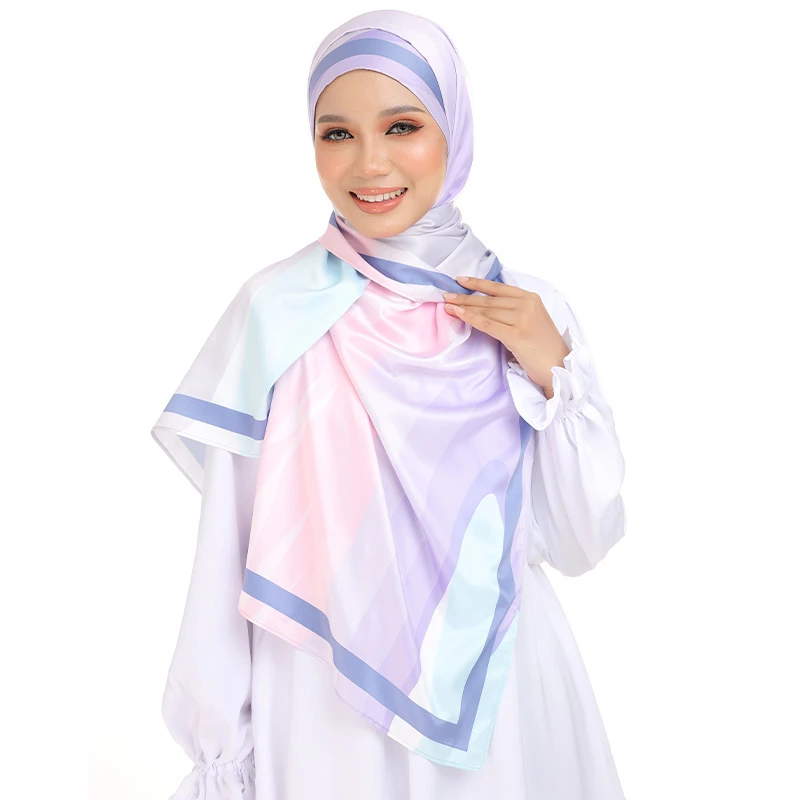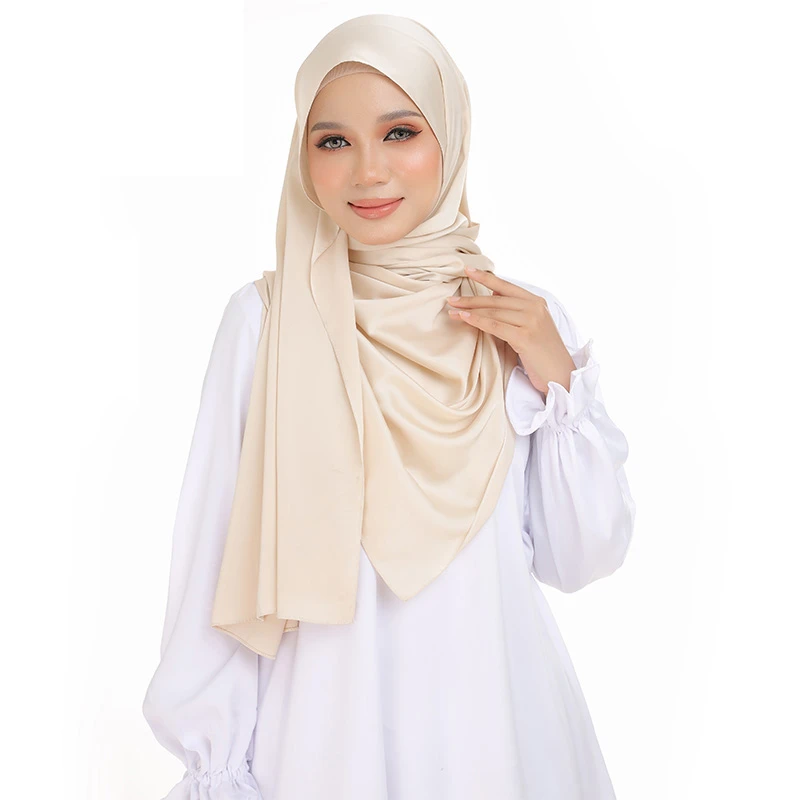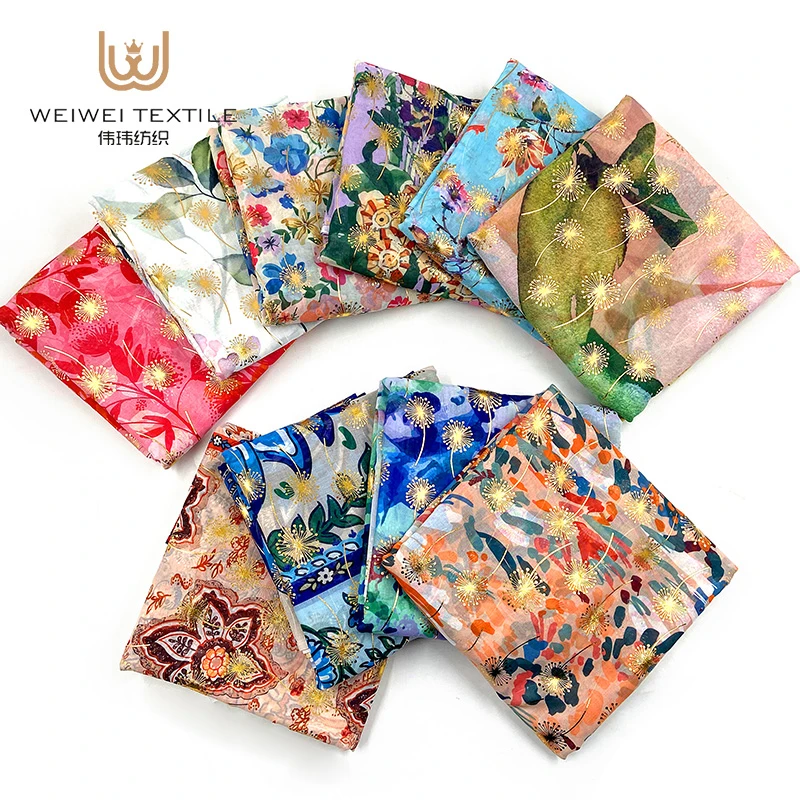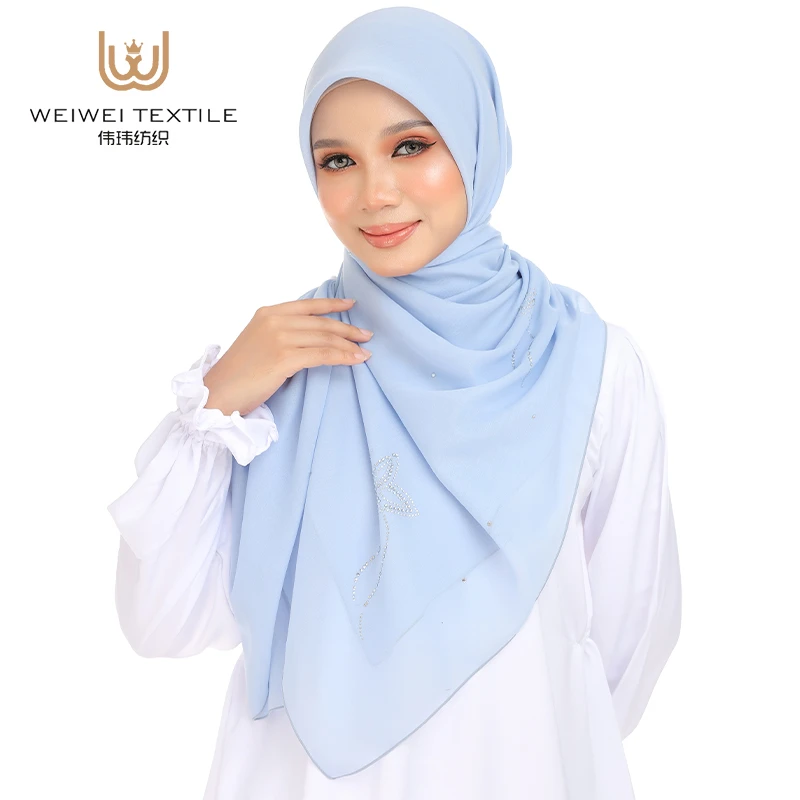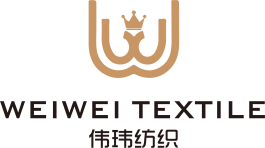Feb . 03, 2025 01:42 Back to list
scarfs muslim hijabs
The realm of Muslim hijabs and scarfs is a profound tapestry woven with rich cultural heritage and modern sensibilities. This dynamic market embodies both traditional values and contemporary fashion, offering a multifaceted experience for wearers around the globe. As a niche that has grown significantly in recent years, understanding how to position products in this category is essential for leveraging search engine optimization effectively.
Trustworthiness is cultivated through transparency and ethical practices. Consumers are increasingly aware and concerned about the origins of their purchases. Brands that embrace ethical manufacturing processes, ensure fair trade, and promote sustainability, position themselves as trustworthy entities. Clear communication about sourcing, labor practices, and sustainability efforts are key to building a loyal customer base. By offering guarantees, such as money-back policies and customer service excellence, trust is further enhanced, encouraging repeat business and referrals. With these four pillars in mind, integrating them into a robust SEO strategy becomes paramount. like “premium hijabs,” “ethical Muslim scarfs,” and “best modest fashion” should be carefully woven into website content, blogs, and product descriptions. Additionally, leveraging high-quality images and videos that showcase the beauty and functionality of the scarfs can significantly impact engagement rates. Content should be regularly updated, addressing recent trends in the Muslim fashion industry while providing seasonal guides and recommendations. This not only keeps the site relevant for existing customers but also attracts new visitors. Engaging with the community through social media platforms and seeking feedback can provide valuable insights and foster a strong brand presence. In conclusion, successfully marketing Muslim hijabs and scarfs requires a deep commitment to understanding the audience and delivering an authentic brand message. By focusing on experience, expertise, authoritativeness, and trustworthiness, brands can create a compelling digital presence that resonates with their target audience and stands out in search engine results. This approach ensures not just the visibility of products but also builds lasting relationships with customers who view the brand as a partner in their personal journey toward modest fashion.
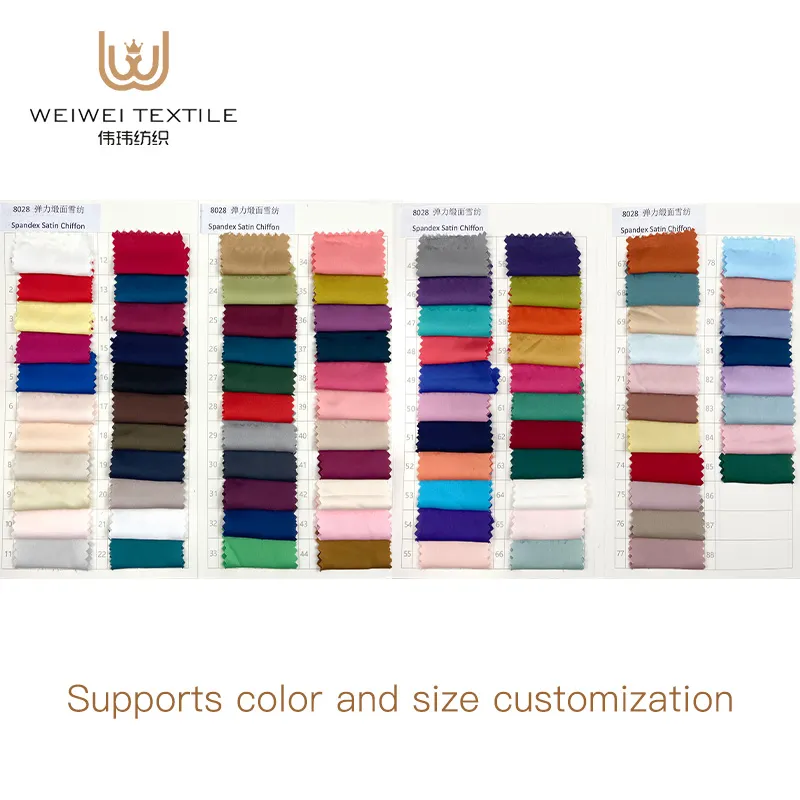
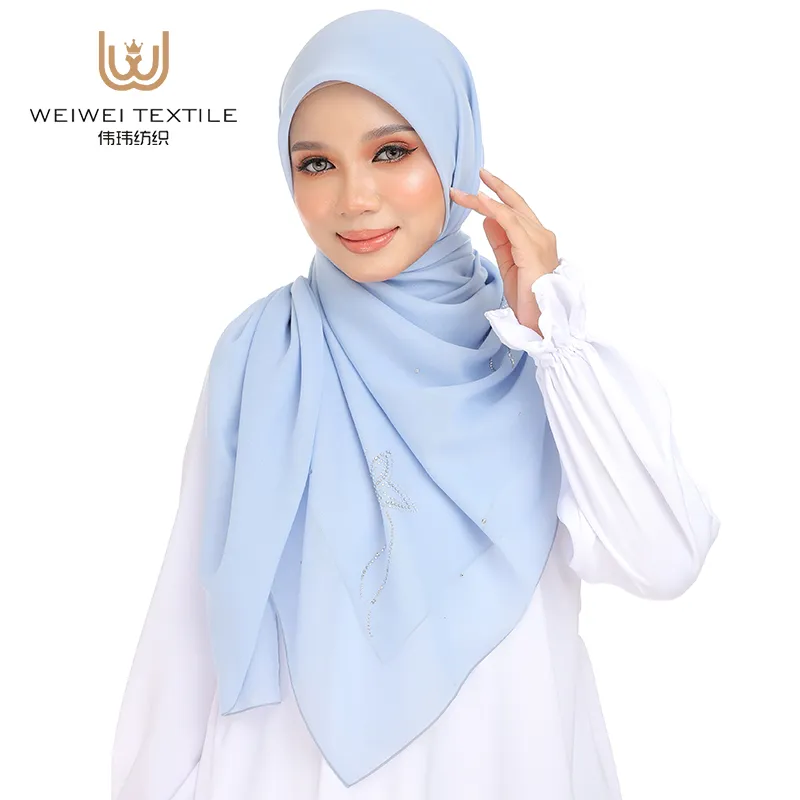
Trustworthiness is cultivated through transparency and ethical practices. Consumers are increasingly aware and concerned about the origins of their purchases. Brands that embrace ethical manufacturing processes, ensure fair trade, and promote sustainability, position themselves as trustworthy entities. Clear communication about sourcing, labor practices, and sustainability efforts are key to building a loyal customer base. By offering guarantees, such as money-back policies and customer service excellence, trust is further enhanced, encouraging repeat business and referrals. With these four pillars in mind, integrating them into a robust SEO strategy becomes paramount. like “premium hijabs,” “ethical Muslim scarfs,” and “best modest fashion” should be carefully woven into website content, blogs, and product descriptions. Additionally, leveraging high-quality images and videos that showcase the beauty and functionality of the scarfs can significantly impact engagement rates. Content should be regularly updated, addressing recent trends in the Muslim fashion industry while providing seasonal guides and recommendations. This not only keeps the site relevant for existing customers but also attracts new visitors. Engaging with the community through social media platforms and seeking feedback can provide valuable insights and foster a strong brand presence. In conclusion, successfully marketing Muslim hijabs and scarfs requires a deep commitment to understanding the audience and delivering an authentic brand message. By focusing on experience, expertise, authoritativeness, and trustworthiness, brands can create a compelling digital presence that resonates with their target audience and stands out in search engine results. This approach ensures not just the visibility of products but also builds lasting relationships with customers who view the brand as a partner in their personal journey toward modest fashion.
Perv:
Next:
Latest News
-
Traditional Tudung Designs in Malaysia
NewsJul.25,2025
-
The Spiritual Significance of Satin in Muslim Attire
NewsJul.25,2025
-
The Right Way to Wear Arab Scarves for Muslim Women
NewsJul.25,2025
-
Zikr Bead-Infused Cotton Voile for Continuous Remembrance
NewsJul.11,2025
-
The Cultural Significance of Tudung in Malaysia
NewsJul.11,2025
-
Satin Hijabs as an Expression of Faith in Daily Life
NewsJul.11,2025




